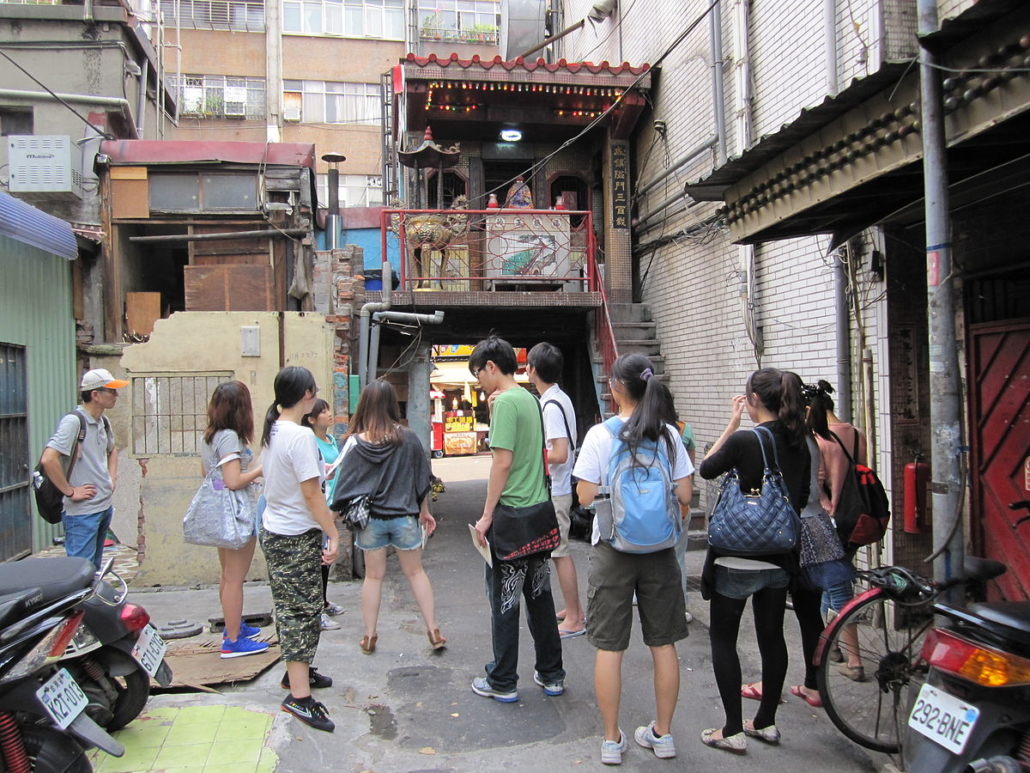Impact of COVID-19 on poverty in Taiwan
 No nation avoided the horrific impacts of COVID-19. On the other hand, some nations managed to mitigate them. Taiwan held strong and the impact of COVID-19 on poverty in Taiwan has been low to date.
No nation avoided the horrific impacts of COVID-19. On the other hand, some nations managed to mitigate them. Taiwan held strong and the impact of COVID-19 on poverty in Taiwan has been low to date.
The Yonsei Medical Journal states that Taiwan responded decisively to COVID-19, reporting less than 100 cases per million people until late 2021. However, in the same year, the population percentage below the poverty line broke 4% for the first time in five years from a previous 1.5%. Despite the significant increase, the relatively low percentage suggests an overall successful response.
A Swift Response to COVID-19
Taiwan had numerous advantages going into the pandemic. Yonsei states that one of the major factors was its experience with the SARS outbreak in 2003, which inspired the country to improve its public health systems to better handle infectious diseases. The private sector also followed suit, providing more health care options for all demographics including those living in poverty.
Furthermore, Taiwan’s government and health organizations communicated through daily press releases, social media and telephone to keep citizens up to date with COVID-19 developments. The government also used citizen identification through apps and other media for contact tracing.
Overall, despite inadequate testing in 2020, the low rates of transmission and accessibility to medical care helped to reduce the impact of COVID-19 on poverty in Taiwan.
A Creeping Inequality Issue for the Poor
Still, according to Taiwan News, some groups are concerned about underlying issues. The humanitarian organization World Vision stated that recently more than 8,500 homes of the 25,500 families it aids in Taiwan experienced poverty. In addition, more than three-fourths of children are struggling to afford school materials, a potential impact of COVID-19 on poverty in Taiwan.
Additionally, the News Lens shows that Taiwan uses a national poverty line of less than $1.90 per day instead of the upper middle-income-country poverty line of $5.50, thus underplaying the number of impoverished in the nation. Notably, Taiwan’s minimum wage of less than $1,000 per month is significantly lower compared to other countries with similar GDPs per capita.
Societal Issues Compounding the Problem
The Taiwanese government has begun approving financial aid to the poor but in insufficient amounts, according to Michael Turton of the Taipei Times. One of its programs allows a trade-in of NT$1,000 for NT$5,000 in vouchers or approximately $33.53 to $167.66. In addition to being too meager, the vouchers can only be used for specific purposes, limiting the benefits for those who need it most.
Other criticized factors of Taiwanese aid include low business subsidies that are not enough to keep businesses afloat. Turton’s sentiment is that rather than long-term and generous aid programs, Taiwan’s government supports band-aid fixes. Turton believes this is because high tax evasion rates in Taiwan result in an underfunded government.
While the impact of COVID-19 on poverty in Taiwan has not been catastrophic, it has nonetheless revealed existing flaws in the island nation’s society and stance towards the poor.
What Can be Done to Help
Due to these systemic issues, humanitarian programs such as World Vision are instrumental in providing aid that the Taiwanese government cannot. The organization established a Taiwanese branch in 1964, 14 years after its founding in 1950. Not long after, the organization successfully launched aid centers in remote areas and became an outlet for the Taiwanese to provide both domestic and international aid.
Today, World Vision also operates many other significant programs. This includes emergency relief systems for natural disaster response, care for foster children and indigenous peoples, and a 24-hour hotline that handles domestic abuse and other social worker issues. Finally, World Vision also provides numerous avenues for people to contribute to its cause that range from standard donations to child sponsorship, a system that lets a donor personally connect with a child in need.
– Henry Bauer
Photo: Wikimedia Commons
